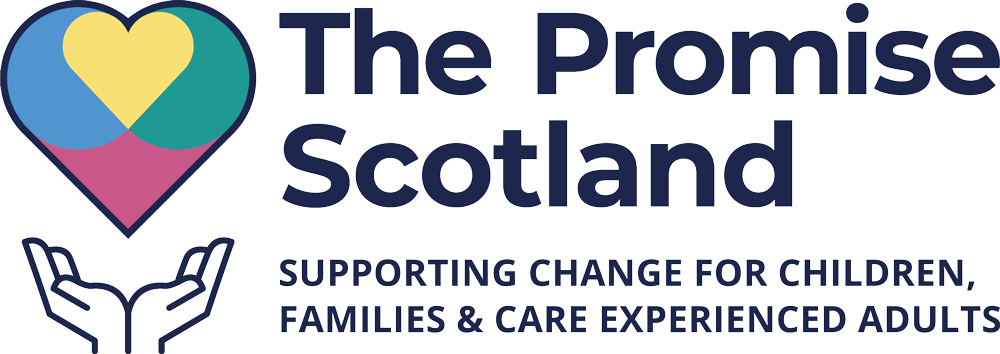A national lifelong advocacy service
Part of: Policy
Background to the advocacy service
The “care system” is extremely complex. This means that it can be confusing to navigate, with numerous meetings, discussions, processes and systems.
When we face a system which is confusing and has power over us, all of us can do with some support. Some people have peers who can support them, and others can be supported by family.
But often, children, families and adults navigate the “care system” without informal support of this kind.
That is why the promise says that “care experienced children and adults must have the right and access to independent advocacy, at all stages of their experience of care and beyond.”
The role of advocacy is to make sure a person has a voice in a situation where it might be difficult for them to be heard themselves. It aims to help people overcome barriers and address imbalances of power which can stop people from having their rights recognised.
For example, a care experienced person might not know the details of the laws and policies that make up the “care system.” Nobody would, unless they’d taken time to learn them all.
But because an advocate will have done this, they will be able to argue in that care experienced person’s interest.
They can help make it more likely that person has their wishes met.
And they can help the person they represent to understand some of the complexities which they might face.
Why has The Promise Scotland written a report around advocacy services?
In 2022, The Scottish Government committed to support The Promise Scotland in scoping a national lifelong advocacy service for care experienced people and their families, which considered:
- What might an advocacy service for care experienced people look like?
- What might need to happen to create such a service?
- How might this service work in practice?
- And what would help make sure this specific part of the promise is kept?
As a result, The Promise Scotland developed a report around this in December 2023. The findings from this report are being used by The Scottish Government, as they develop the Children (Care, Care Experience and Services Planning) (Scotland) Bill.
What did the report say?
The report proposes a four-phased approach to planning a national lifelong advocacy service.
- Phase One would agree the core principles which would underpin the service.
- Phase Two involves creating a National Strategy for Advocacy Provision.
- Phase Three involves expanding the National Practice Model, so that it covers children and adults up to the age of 26. This Model says that advocacy workers must be independent, and it sets out the knowledge and skills which they require.
- Phase Four should focus on the specific needs of care experienced adults and families.
To find out more you can read the full report below— or the briefing summary paper, which contains all the high-level information.
Access The Promise Scotland's report
Scoping and delivering a national lifelong advocacy service for care experienced children, adults and families
The Promise Scotland's report for the Scottish Government on how this service can be scoped and developed.
Briefing: Scoping and delivering a national lifelong advocacy service
The Promise Scotland's report for the Scottish Government on how a national lifelong advocacy service can be scoped and developed.
